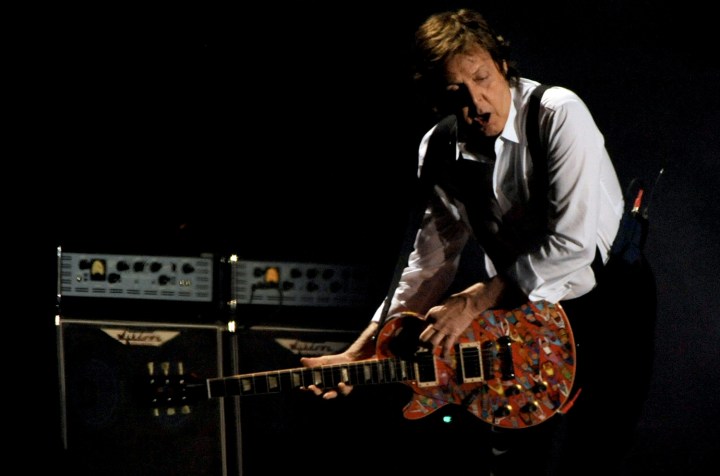
McCartney’s claim is based around a clause in the U.S. Copyright Act of 1976, which allows living artists to apply for the rights to their songs 56 years after their initial publication. The Lennon-McCartney catalogue becomes available under that law in 2018.
The law says that claimants must file for reinstatement of publishing rights two to ten years before the 56 years are up. McCartney likely wanted to get the ball rolling as close to the deadline as possible, deciding to pay the high legal fees associated with the move for two years rather than a decade.
Interestingly, all of the Beatles’ songs were credited to both John Lennon and McCartney, regardless of who actually wrote them. The pair lost the complete ownership of their songs relatively early in their musical careers, when publisher Dick James sold his stake in the band’s rights-holding company, Northern Songs, to ATV in 1969. Lennon and McCartney tried and failed to get back the publishing rights at the time.
The ATV catalog was eventually sold to Michael Jackson in 1985, reportedly on advice from McCartney himself about the benefits of publishing rights ownership. McCartney was said to be very upset at Jackson — who paid an outrageous (at the time) sum of a reported $48 million — as the two were friends.
“I wrote [Jackson] a couple of letters and I said, ‘Michael, don’t you think that — even if I was just a writer on the payroll — after 30 years of being reasonably successful to this company that you now own, don’t you think I could have a raise?'” McCartney said in an early-2000s interview on Howard Stern’s radio show about publishing rights.
Recently, Michael Jackson’s estate sold its stake in The Beatles’ publishing rights to Sony/ATV Music, along with rights to various other songs by hit artists, for a massive $750 million. However, while news of McCartney’s bid to get back previously-sold rights seems perfectly-timed, the songwriter’s claim was actually filed in mid-December of last year.
ATV merged its catalog with Sony in 1995, and Sony now owns the rights in full, following the recent sale from Jackson’s estate.
Whether or not McCartney will get his portion of The Beatles’ publishing rights back is a murky affair; Yoko Ono (would-be owner of Lennon’s half of the rights) has long had a deal with Sony/ATV Music which allows them continued ownership of the material. But at the end of the day, after over half a century without rights to his own songs, it makes sense that McCartney would do everything in his power try and get them back.



